I once gave a Dharma talk entitled “I Don’t Know” which at the time was huge growth for me since I had come from the land of knowing and had often been referred to as Ms-Know-it-All. I didn’t, of course, know it all, but I was deluded enough to think it true and afraid to admit otherwise.
This Ms-Know-it-All pattern is still with me and pops up now and then as Mara tempting me. It disguises itself as judgment, anger, impatience and many other things. I was going to write about it here and then remembered a Dharma talk I once gave on the subject – one of the few talks I have notes for – so figured I’d post that. (It’s a bit long so will post it in segments.)
When I was asked to give this Dharma talk I didn’t know what I was going to talk about so I said, “I don’t know.” And then Seigan, the head monk, said, okay, what’s your title? And I said “I don’t know.”
Our conversation was a “Who’s On First” sort of riff. Seigan would say: “What’s your title?” And I’d say: “I don’t know.” And he’d say: “When will you know?” And I’d say: “I just told you.” “No, you said I don’t know.” “Right, exactly.” And so on…
I recently jotted a note to myself while I was working on a book project that will have in it my personal story/my spiritual education/my coming of age; I jotted in the margin: self-hatred.
“I had to know before I knew. I couldn’t not know. But I didn’t know. And I didn’t know that I didn’t know.” And in brackets I wrote: self-hatred.
So, what is this and how does it relate to Zen, and to the pain that we sit in, and to what we’re all doing here, sitting cross-legged and counting our breaths?
When I first sought help for the spiritual “malady” that I suffered all my life – I call it the I KNOW syndrome – any time my first spiritual guide would say something to help me, something I had never heard before, something that was completely foreign to me, I would always respond to her with “I know” – “I know” “I know” “I know.”
Of course, I didn’t know, but I couldn’t say that, it wasn’t even in my vocabulary.
I did think I knew it all; but I didn’t. On the other hand, what this person was saying to me made so much sense on some level that as soon as I heard it I felt like I knew it.
Somewhere in my body I knew what she was saying, and I knew that I had to know it, but I couldn’t say ‘I don’t know.’ What I’ve come to understand is that this I KNOW syndrome is linked to self-doubt and fear; fear of not being right, fear of being ridiculed, fear of the mystery of life, fear of living, fear of not living, and the really big one for me, fear of dying. Of course I didn’t know that – and it took a lot of time and a lot of sitting to finally get to the point where I could say ‘I Don’t Know.’ And that, saying I don’t know, was the beginning of waking up to my life, which is what I understand zazen to be all about.
But to retain this ‘I Don’t Know’ state of mind is very difficult. Yet it is imperative in this practice of Zen, as I understand it.
I was conditioned to take in, to learn, to fill up my brain with information, TO KNOW. When I was introduced to Zen I was told to become empty – and that went against everything I thought I knew. It was very scary because I was someone who always wanted, NEEDED, to know the end of the story.
Before I write a book, I want to know how it’s going to come out. But I never know. When I was still dating, before I even had my first date with a guy, I wanted to know if he was THE ONE, otherwise why waste my time? But of course I didn’t know.
Before I sit down on the cushion I want to know why? What am I going to experience? If I’m going to “get it.” But of course, again, I DON’T KNOW.
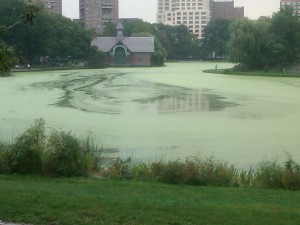
Central Park 110th St Lake taken while riding my bike yesterday. It was too beautiful to speed by it.
Soen Roshi once said something like, “Beauty is that which is unrepeatable.” With my stubborn, blind, I KNOW attitude, I wasn’t open to beauty for way too many years.
In 1985 my father died; this was the beginning of my awakening. It woke me up to my fear of dying, to death – somehow when our parents die, there’s less of a buffer between us and our own death. And I started to look at my life and take some actions to clean up my act. This was before I actually got to the cushion. But I was doing other things.
I love the beach. I would often go out to Long Island and during one excursion, for the very first time – I was on the Bay, on the Long Island Sound – I noticed the beauty that was around me, and it was so overwhelming I could hardly look at it. It was the first time, mind you I was 34 years old, but it was the first time that I actually saw beauty.
Back then, before that moment when I started to wake up, I wasn’t open to experiencing the mystery of life. ‘I don’t know’ allows the mystery of life to come in. When I was a child I had that. With my struggle to know God as a child, I was somewhat willing to say I don’t know, I can’t understand God. So I tried in my young brain to figure it out. I would ask: what’s eternity? God is always there, and was always there and will always be there and what does that mean? My small little mind couldn’t grasp it. It was all so mysterious. I think the awe that we sit in as a child is the ‘I don’t know’ mind. But year after year after year of needing to know drowns that out. And sitting on the cushion brings that back alive.
Wanting to know before I know is wishing my life away, which is what I did a lot. Being in the future, not being present to what is NOW, to what I’m experiencing right NOW. In fact, all I can know about is what I experience. Zen tells me this all the time. Roshi tells me this all the time. But I was so afraid that I couldn’t even show up for my own life experiences back then. I used drugs, alcohol, sex, things, activities, money, men, work – anything to escape from NOT KNOWING. And then running from that not knowing put me even deeper into the pit of not knowing, but in a very nihilistic way, not in a Zen way.
While in that pit of not knowing I was also not seeing, not hearing, not smelling, not tasting, not touching, not thinking. In a word, NOT LIVING. Though those words are the same as in the heart sutra, this senseless state of being is completely opposite the sunyata, or emptiness, that the heart sutra talks about. Back then it was more about nihilism than emptiness.
Nihilism is entrapment; emptiness is freedom.
So, facing the mystery of life evokes fear: the fear of dying and the fear that I am not what I think I am. Sitting on the cushion, and breathing, and being in touch with my body, and my breath, is about facing my fear. It’s a first step toward freedom from the tyranny of MYSELF.
(to be continued…)
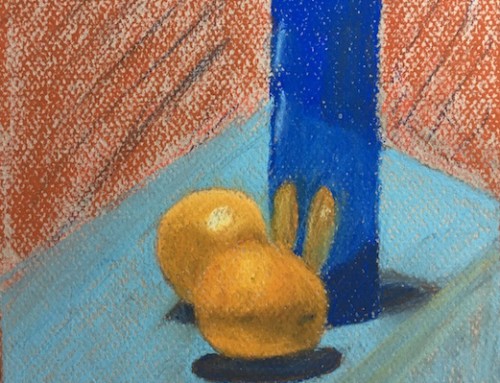
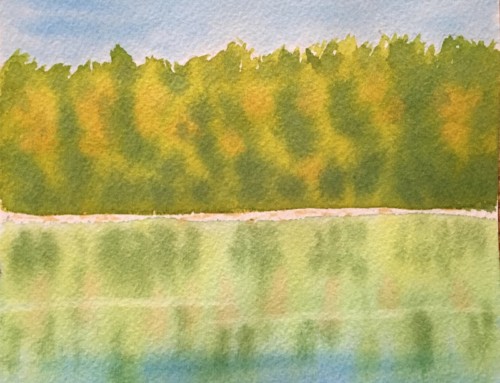
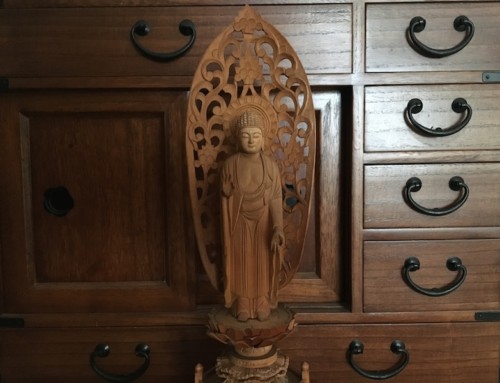
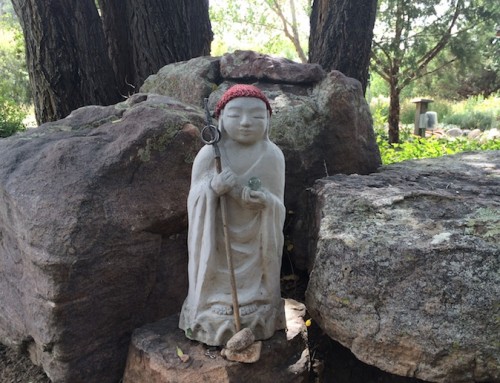
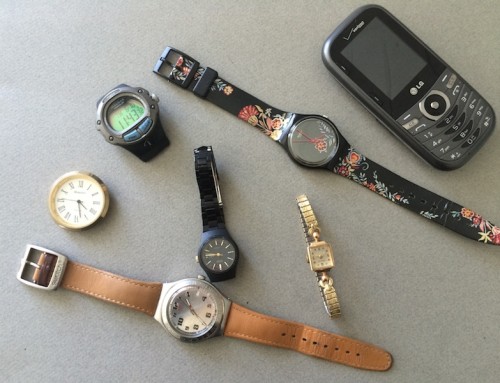
Leave A Comment